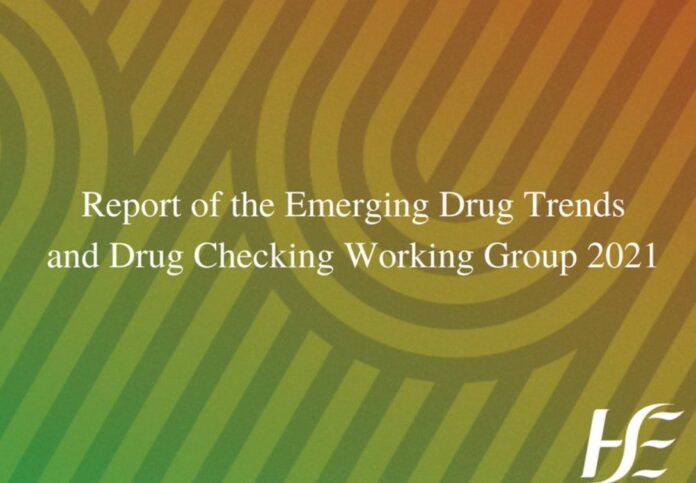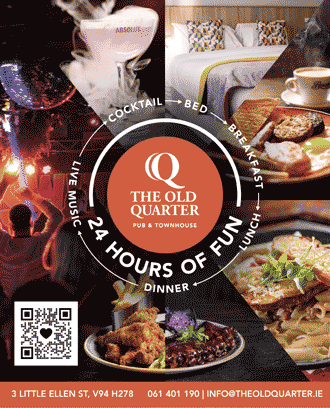
THE report of the ‘Emerging Drug Trends and Drug Checking Working Group’ has been published by the HSE National Social Inclusion Office. This report reviews drug use and health responses among people who use drugs in nightlife spaces.
The Working Group was established as part of the National Drug Strategy ‘Reducing Harm, Supporting Recovery: A health-led response to drug and alcohol use in Ireland’ in 2019 to review evidence regarding issues related to nightlife drug use, health and social responses and the provision of drug checking and monitoring services to reduce drug-related harms.
Dr Eamon Keenan, HSE’s National Clinical Lead-Addiction Services says: “For some time, the topic of substance use in the context of nightlife settings has received little attention in research, policy and practice. We are generally well informed about people who attend addiction services and we do have general population surveys. However, this may not be an accurate representation of the current drug situation in Ireland as there are some groups who may never present to our services and are at risk of harm. These groups require new and tailored responses.”
The report recognises that an emerging stimulant and poly drug culture among new user groups is currently a major issue of concern across Europe and here in Ireland.
“The proliferation of stimulant drugs in Ireland is occurring during a period when increased purity and potency of substances is a cause of concern for health services. We have identified a need to improve research and develop new services in response to these trends. The current situation is particularly relevant as nightlife resumes throughout Europe. Nightlife outreach and drug analysis are recognised ways in which we can engage with young, hard to reach populations.”
The HSE recognise that there is limited information on the composition of substances consumed in Ireland, with identification mainly being utilised for law enforcement purposes that does not inform health communications, interventions and warnings.
Three new national working groups are recommended to plan research, training, emergency responses and scientific oversight with an aim improve emerging trend and nightlife responses.
“From a health perspective, it is recognised that drug monitoring has potential to reduce drug-related harm and protect lives by identifying when extra risky substances are in circulation. Dutch examples have shown the value of real time alerts in preventing drug-related deaths when dangerous substances emerge on the market.”
Frank Feighan, TD, Minister of State for Public Health, Well Being and National Drug Strategy adds: “I welcome the launch of the Emerging Drug Trends and Drug Checking Working Group Report, led by the HSE. This report is an action in the National Drugs Strategy, ‘Reducing Harm, Supporting Recovery’ and is based on extensive consultation and a review of international best practice. The report is timely in light of the Programme for Government’s commitment to increase and support quality drug testing services, particularly at festivals.”
“Drug use is always a cause for concern, however, people who use drugs within the night-time economy need to be at the forefront of our minds, as Covid restrictions are relaxed, and people’s tolerances may have lowered and the potency and make up of drugs being taken may have changed.”
“The report’s recommendations are based on a health-led approach to drug use in the night-time economy and, provide a pathway to deliver harm reduction services and to monitor drug trends in these settings. I am looking forward to working with stakeholders to progress these recommendations.”
This report covers a range of issues relevant to the area of nightlife drug use, health and social response, research on nightlife populations and the provision of drug checking services and includes a series of recommendations in line with the National Drug and Alcohol Strategy.










